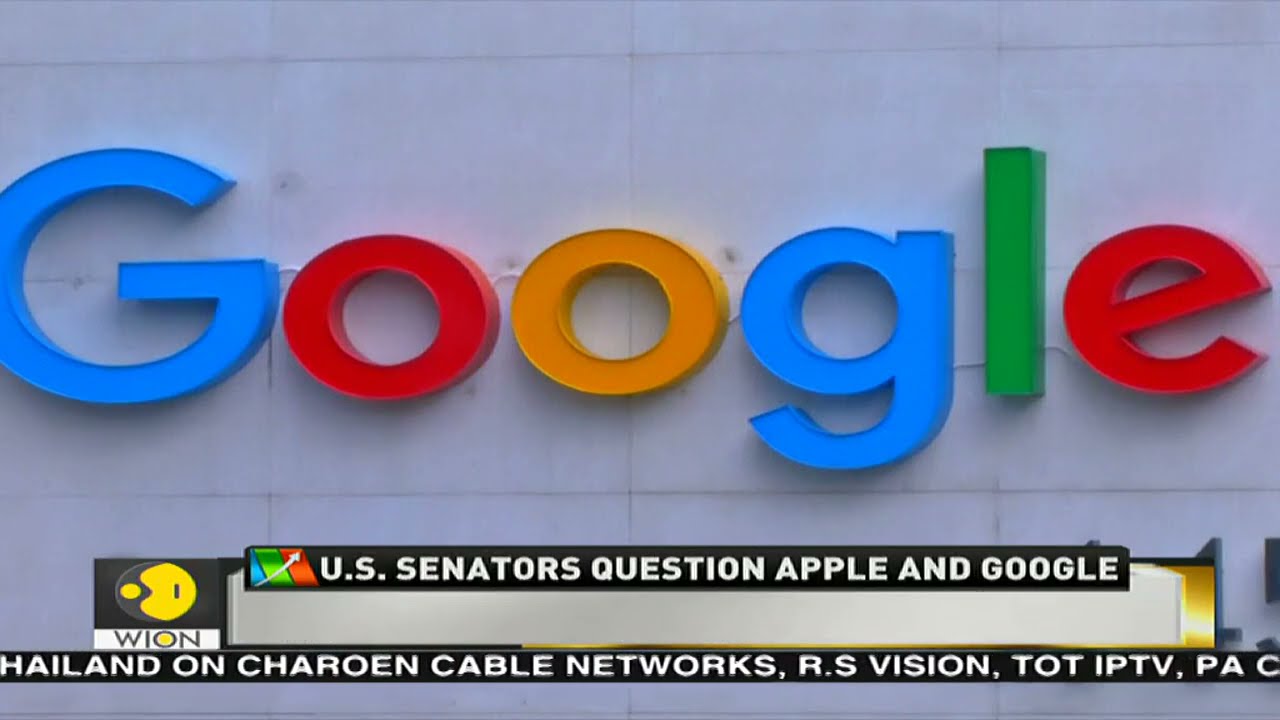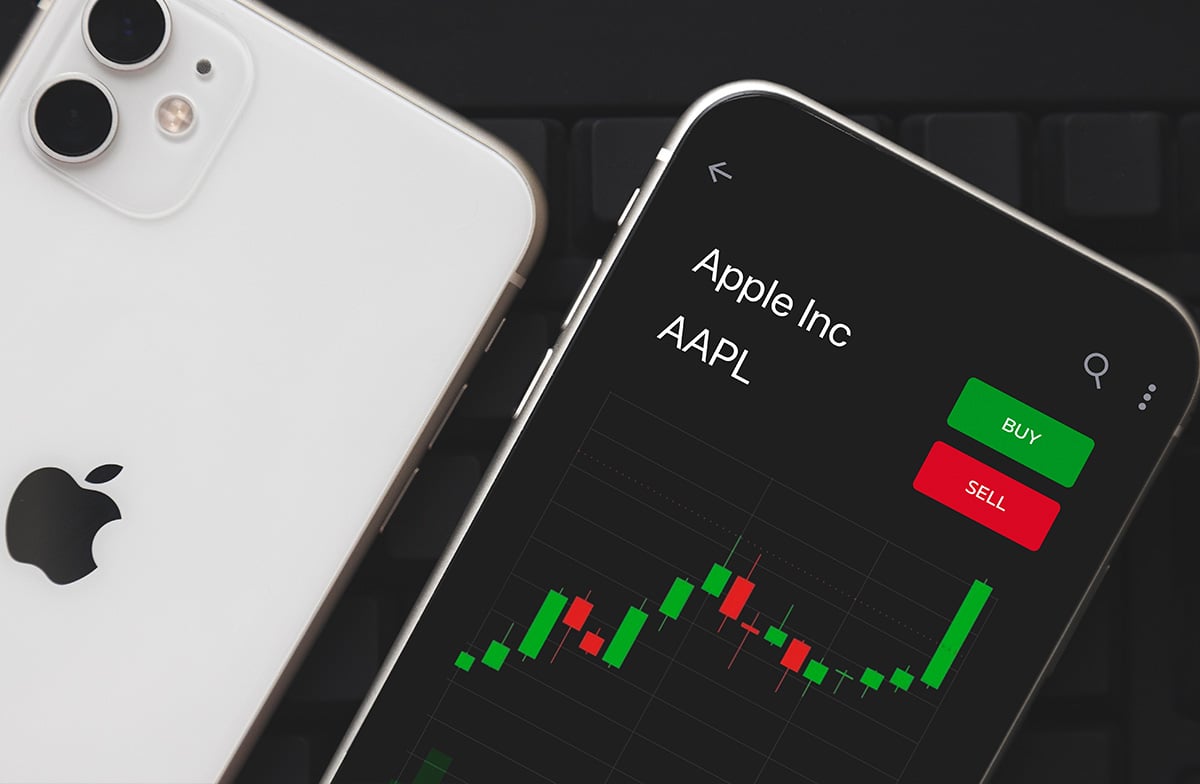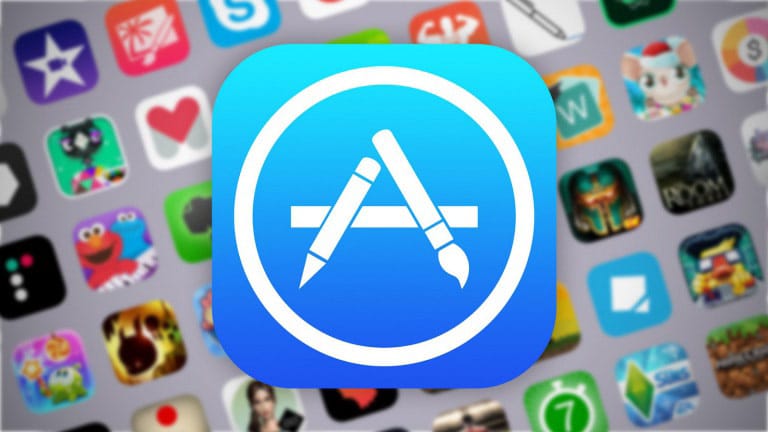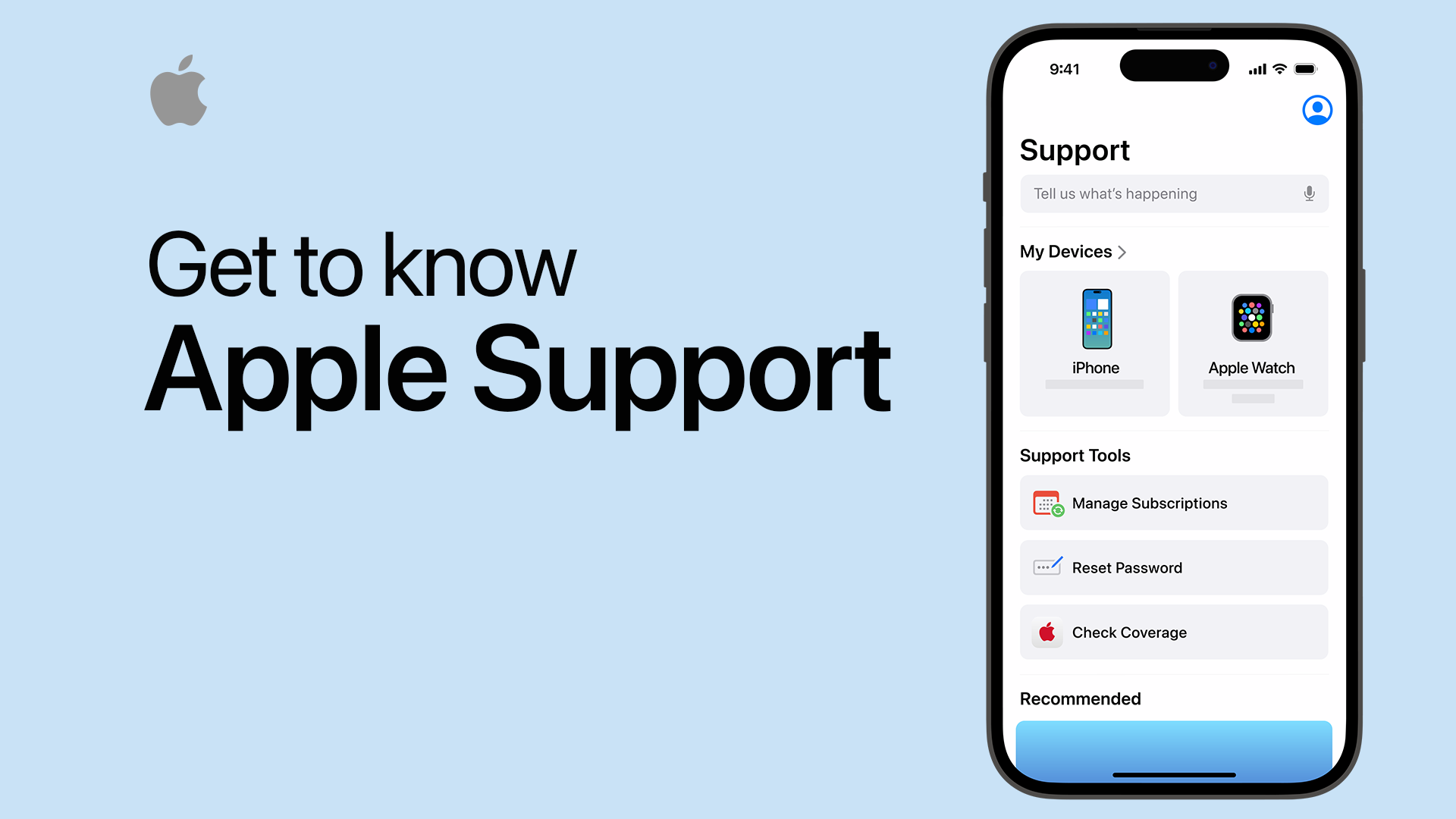
AAPL Company – Exploring the Innovations, Challenges, and Future Prospects
The AAPL Company has become synonymous with innovation and cutting-edge technology. It is a giant in the tech world that has revolutionized how people interact with devices, communicate, and consume content. With products like the iPad and iPhone leading the charge, AAPL Company has established itself as a cultural phenomenon. However, this journey hasn’t been without its challenges and controversies, particularly regarding Antitrust issues and competition from tech giants like <a href="https://betopixs.com/tag/Google/”>Google.
AAPL Company

When we think of technological innovation, the AAPL Company often comes to mind first. Founded in 1976 by Steve Jobs, Steve Wozniak, and Ronald Wayne, Apple has transformed from a small startup into one of the most valuable companies in the world. The evolution of this company has been marked by groundbreaking products and a unique approach to design and marketing.
The AAPL Company has consistently pushed the envelope, creating products that not only appeal to consumers but also redefine entire industries. Their commitment to simplicity, elegance, and user experience has set them apart, making their devices not just tools, but lifestyle essentials.
As we dive deeper into the various facets of the AAPL Company, it’s crucial to understand how its history, philosophy, and product ecosystem have shaped its current standing in the tech market.
The Evolution of AAPL Company
From its roots in a garage to becoming a global powerhouse, the evolution of the AAPL Company is nothing short of remarkable. The introduction of personal computers in the late 1970s laid the groundwork for everything that followed.
In the 1980s, Apple became known for the Macintosh, an innovative computer that introduced a graphical user interface that would later inspire countless other software developers.
Fast forward to the 2000s, and we see the launch of the iPod, which changed how people listen to music. This was soon followed by the iPhone, which did not just introduce a new way to communicate, but also revolutionized the smartphone market entirely.
The AAPL Company recognized the importance of ecosystems, leading to the development of the App Store and other services that complement its hardware. This holistic approach has allowed Apple to maintain a loyal customer base while consistently increasing its market share.
Business Model and Strategy
The business model of the AAPL Company is a blend of premium pricing, brand loyalty, and continuous innovation. Unlike many competitors who compete on price, Apple positions itself as a luxury brand.
This strategy enables the company to maintain higher profit margins than many of its rivals. Their products are often seen as status symbols, contributing to their strong brand identity.
Moreover, the AAPL Company invests heavily in research and development. As a result, they are often at the forefront of technology, whether through advancements in hardware, software, or services. By prioritizing user experience, security, and design, Apple ensures that users are not just buying a product but are investing in a lifestyle.
Corporate Culture and Innovation
At the heart of the AAPL Company is its corporate culture, which emphasizes creativity, collaboration, and a relentless pursuit of excellence. Employees are encouraged to think outside the box and push the boundaries of what’s possible.
This culture of innovation is evident in the development of new products as well as hardware and software improvements. For instance, features such as Face ID and the M1 chip are the results of a workplace where experimentation is encouraged.
Furthermore, Apple’s focus on sustainability and social responsibility reflects its understanding of modern consumer values. The AAPL Company is committed to reducing its carbon footprint and ensuring responsible sourcing of materials, which resonates well with today’s environmentally conscious consumers.
IPad

The introduction of the iPad transformed the landscape of mobile computing. Launched in 2010, this device bridged the gap between smartphones and laptops, allowing users to enjoy the best of both worlds. The AAPL Company effectively created a new market segment that competitors struggled to define.
The iPad’s success lies not just in its hardware but also in the ecosystem that surrounds it. From education to creative arts, the AAPL Company has harnessed the power of the iPad to impact numerous sectors dramatically.
The Impact of iPad on Digital Consumption
The iPad has created a paradigm shift in how digital content is consumed. Gone are the days when people relied solely on laptops and desktops for reading, browsing, or watching videos. The iPad offers a more tactile and intimate experience, encouraging users to interact with content in ways previously unimaginable.
Whether it’s reading e-books, enjoying streaming services, or engaging in video calls, the iPad has equipped users with an all-in-one device ideally suited for diverse applications. Its portability and ease of use have made it popular among professionals, students, and casual users alike.
This transformation even extends to educational settings. Schools across the globe have adopted the iPad as an essential learning tool, thanks to its vast array of educational apps and resources. The AAPL Company has strategically positioned itself at the forefront of this movement, further solidifying its role as a leader in digital consumption.
The iPad Ecosystem
One of the standout features of the AAPL Company is its ability to create integrated ecosystems around its products. The iPad seamlessly connects with the iPhone, Mac, Apple Watch, and Apple TV, offering users a cohesive experience.
For example, Handoff allows users to start a task on one device and continue it on another, minimizing friction and enhancing productivity. The interconnectedness of these devices ensures that once someone enters the Apple ecosystem, switching to competitors becomes less appealing.
Additionally, the App Store offers countless applications tailored specifically for the iPad, catering to various needs—be it productivity, entertainment, or art. This comprehensive ecosystem ensures that users get maximum value out of their investments.
Creative Use Cases for iPad
The versatility of the iPad has led to creative use cases that go beyond conventional usage. Artists, designers, and musicians have turned the iPad into a canvas, using apps like Procreate and GarageBand to create stunning visuals and music.
The arrival of accessories such as the Apple Pencil and keyboard further enhances the iPad’s capabilities, transforming it into a powerful tool for professionals. Whether it’s graphic design, writing, or programming, the AAPL Company has ensured that the iPad meets the needs of varied creative fields.
Moreover, the COVID-19 pandemic accelerated the adoption of remote working and online learning, propelling the iPad to the forefront. It became an indispensable tool for many, showcasing its adaptability in changing circumstances.
IPhone

The AAPL Company‘s flagship product, the iPhone, has continually redefined what a smartphone can be. Since its launch in 2007, the iPhone has evolved through multiple iterations, each version bringing new features and innovations that set the standard for mobile technology.
What makes the iPhone special goes beyond its sleek design and robust functionality; it’s the profound effect it has had on communication, social interaction, and daily life.
The Evolution of the iPhone
The iPhone’s journey has been characterized by a series of innovations that have kept it atop the smartphone hierarchy. From the original model that introduced touch-screen technology to the latest versions that incorporate advanced AI capabilities, the AAPL Company has continuously refined the user experience.
Each new iteration has brought significant technological advancements—enhanced cameras, improved battery life, and more sophisticated processors. Features like Face ID and Animoji have also set the bar high for competitors, demonstrating Apple’s commitment to remaining at the forefront of mobile technology.
The iPhone was revolutionary not just because of its hardware but due to the seamless integration of software and services. iOS has evolved alongside the iPhone, providing a smooth and intuitive user experience that keeps consumers engaged.
Cultural Impact of iPhone
The AAPL Company has not only changed the technology landscape but has also left a lasting imprint on culture and society. The iPhone has reshaped how individuals communicate, socialize, and access information.
It ushered in the age of instant connectivity, enabling users to stay connected to family, friends, and the broader world at all times. Social media platforms flourished alongside the rise of the iPhone, and the app ecosystem took off, giving rise to millions of developers and entrepreneurs.
Moreover, the iPhone has influenced various industries, including photography, music, and retail. The democratization of technology has enabled everyday users to produce high-quality content, challenging traditional notions of professional expertise.
The iPhone Ecosystem and Services
Just as with the iPad, the AAPL Company has built a vast ecosystem around the iPhone, including the App Store, Apple Music, iCloud, and more. This interconnectedness gives users a compelling reason to remain within the Apple sphere, deepening customer loyalty.
The App Store has become a marketplace for creativity and innovation, hosting millions of applications designed to enhance the iPhone experience. Users can customize their devices to meet individual needs, from productivity tools to gaming and fitness apps.
Services such as Apple Pay and Apple Music further enrich the iPhone experience, adding convenience and entertainment. This strategic expansion into services confirms Apple’s vision of diversifying revenue streams while providing added value to customers.
Antitrust
As one of the most influential tech companies, the AAPL Company has faced increasing scrutiny over antitrust concerns. With its dominant market position, questions have arisen about whether Apple engages in anti-competitive practices that stifle competition.
These discussions have intensified in recent years, especially as regulators worldwide scrutinize big tech companies for monopolistic behavior. Understanding these dynamics is essential for grasping the challenges the AAPL Company faces moving forward.
Regulatory Scrutiny and Legal Challenges
The AAPL Company has encountered various legal challenges related to its business practices, particularly concerning the App Store. Critics argue that Apple’s control over the App Store constitutes a monopoly, limiting opportunities for competing developers.
Lawsuits filed against Apple claim that its policies restrict competition and inflate prices for consumers. Additionally, regulatory bodies in the United States and Europe have begun investigations into Apple’s practices, potentially leading to tighter regulations moving forward.
Navigating these legal waters will require the AAPL Company to reassess its policies and perhaps adopt more transparent practices. As public sentiment shifts towards viewing large corporations with skepticism, Apple must work hard to maintain its reputation while fostering competition.
Competition in the Tech Landscape
Despite being a leader in several categories, the AAPL Company faces fierce competition from other tech giants. Companies like Google and Samsung challenge Apple’s dominance, particularly in the smartphone and services markets.
Google, with its Android operating system, has carved out a significant share of the market, offering a customizable experience that appeals to users looking for alternatives to Apple’s ecosystem. This rivalry compels the AAPL Company to continually innovate to retain its market leadership.
Moreover, emerging startups are consistently introducing novel solutions, targeting niche markets that Apple may overlook. The competitive landscape remains dynamic, and the AAPL Company must adapt proactively to maintain its prominence.
Balancing Innovation with Responsibility
As the AAPL Company continues to innovate, the challenge lies in balancing growth with ethical responsibilities. Ensuring fair competition while also delivering exceptional products and services requires careful navigation.
Transparency in their practices will be crucial for building trust with consumers and regulators alike. The AAPL Company must implement measures that encourage competition within its ecosystem, fostering innovation rather than stifling it.
By taking a proactive stance towards addressing antitrust concerns, Apple can demonstrate that it values a fair marketplace while maintaining its commitment to quality and user experience.
In the realm of technology, few rivalries are as pronounced as that between the AAPL Company and Google. While both companies excel in their respective areas, they embody two distinct philosophies that shape their interaction and competition.
Understanding the relationship between AAPL Company and Google sheds light on the broader tech landscape and the challenges that accompany it.
Differentiating Philosophies
The AAPL Company and Google represent contrasting business models and philosophies. Apple focuses on hardware and controlled ecosystems, while Google leverages its dominance in software and advertising.
Apple’s commitment to privacy and user control has sparked ongoing debates, especially as Google relies heavily on data collection to fuel its ad revenue. This dichotomy positions Apple as the champion of consumer privacy, whereas Google faces scrutiny over how it handles user data.
These differing philosophies significantly impact consumer choice and industry trends, shaping how products are developed and marketed.
Collaboration and Competition
Despite their rivalry, the AAPL Company and Google find themselves in a complex relationship where competition coexists with collaboration. For instance, Google provides various services for Apple devices, including maps, search engines, and cloud storage.
This collaboration underscores the reality that both companies recognize the necessity of partnerships in some areas. However, as competition intensifies, each company must navigate the balance between cooperation and rivalry carefully.
As developers race to capture market segments, understanding the interplay between these two giants becomes vital for predicting future directions in technology.
The Future of AAPL Company and Google
Looking ahead, the competition between the AAPL Company and Google shows no signs of abating. Both companies are investing heavily in emerging technologies such as artificial intelligence, augmented reality, and smart home devices.
The outcome of this rivalry will depend not only on product innovation but also on how each company addresses consumer concerns. The AAPL Company must continue to prioritize user privacy while simultaneously enhancing its offerings. Meanwhile, Google must work to regain consumer trust by demonstrating its commitment to responsible data practices.
Ultimately, the future of both the AAPL Company and Google will be defined by their ability to adapt, innovate, and meet the evolving needs of consumers in a rapidly changing technological landscape.
Conclusion
In summary, the AAPL Company stands as a testament to innovation, vision, and cultural influence in the tech world. Through iconic products like the iPad and iPhone, Apple has not only transformed how we interact with technology but has also redefined expectations for user experience and design.
As the company navigates antitrust concerns and competition from rivals like Google, the need for transparency and ethical practices will be paramount. By embracing change and maintaining its commitment to quality, the AAPL Company can continue to thrive and shape the future of technology for generations to come.
With a strong foundation rooted in innovation, a customer-first approach, and a willingness to adapt, the AAPL Company is poised to remain at the forefront of technological advancement and cultural relevance.




